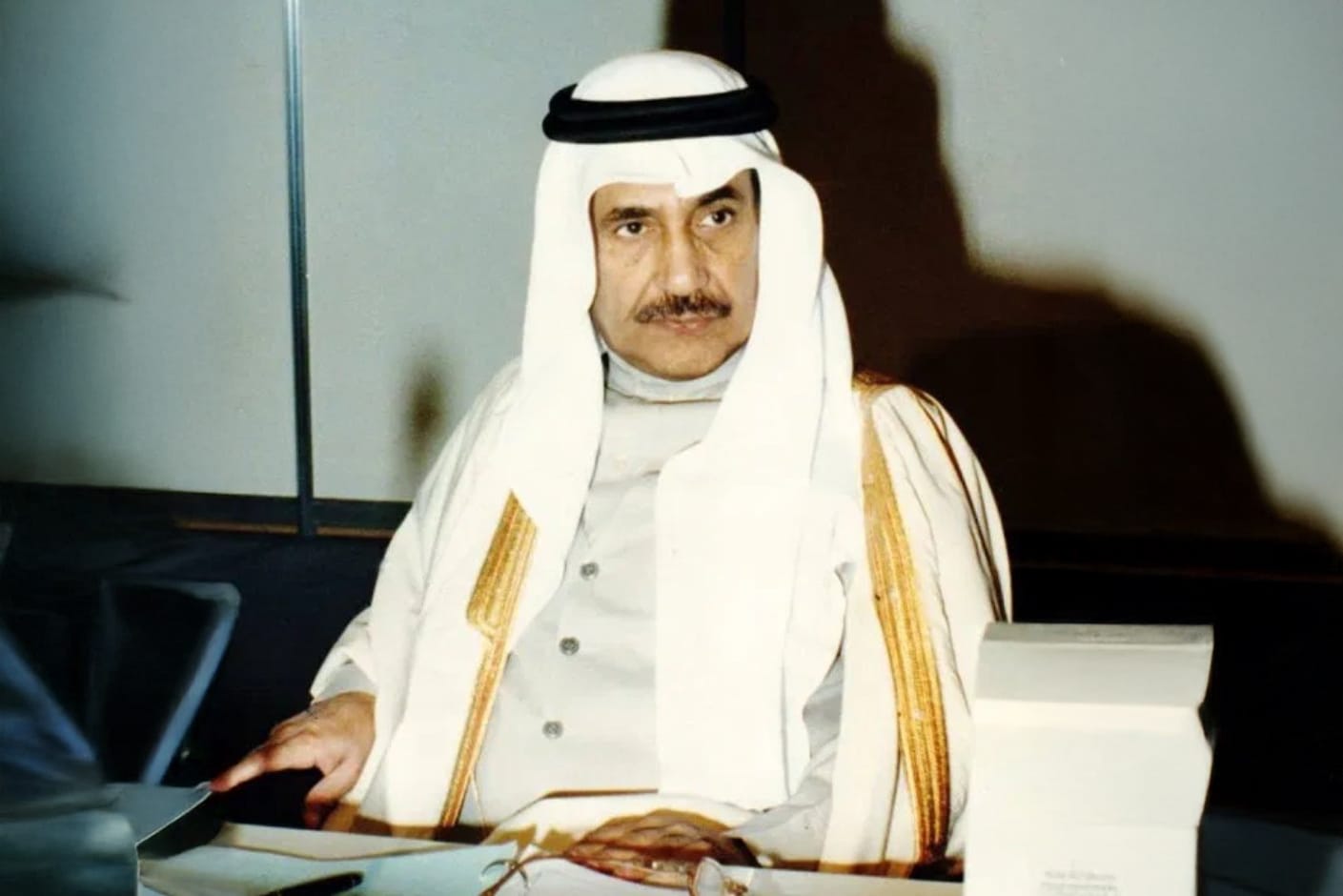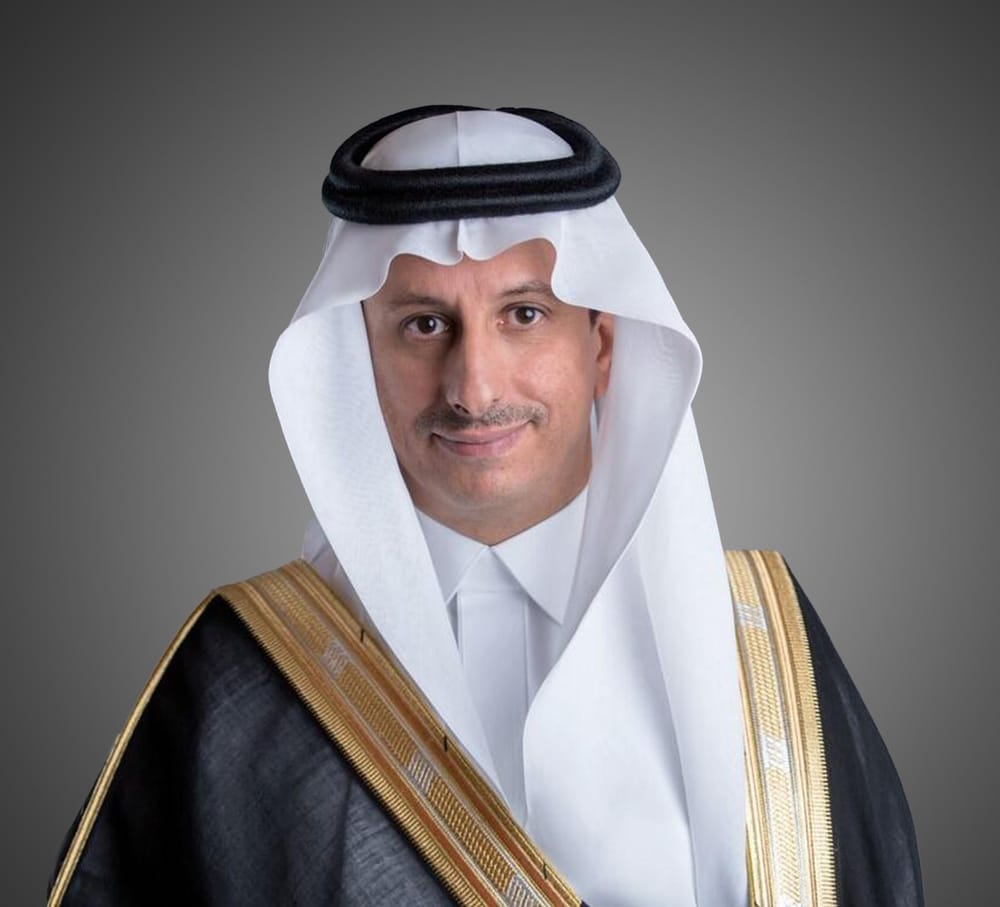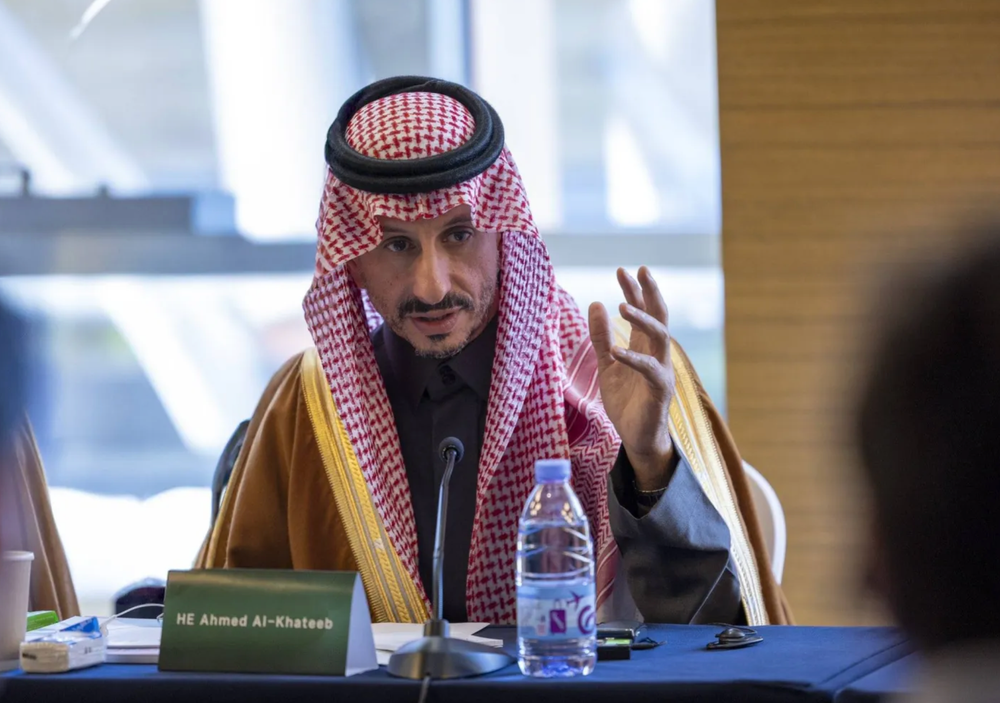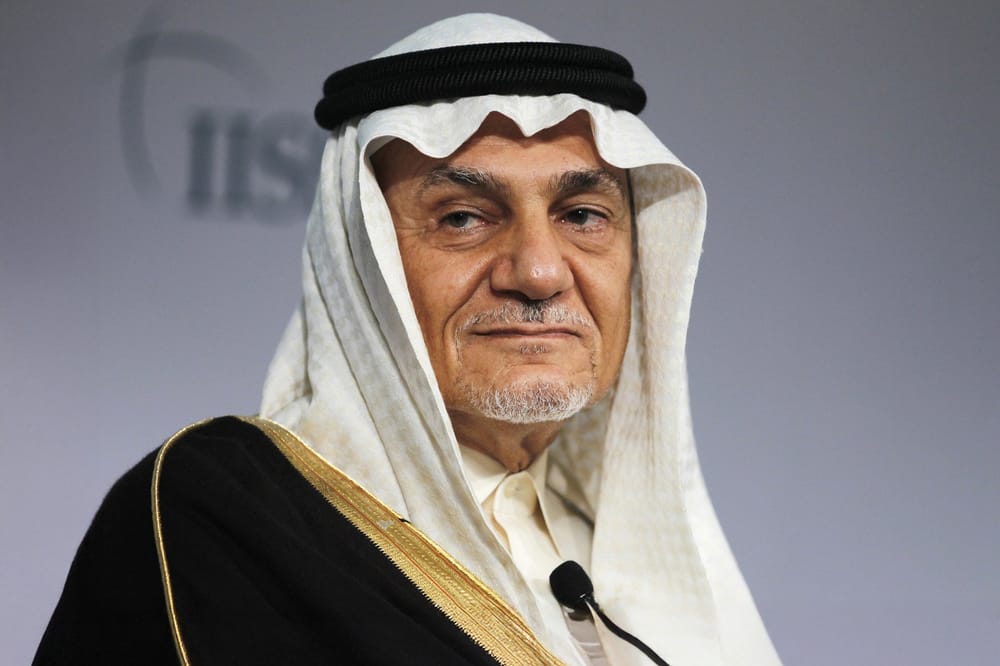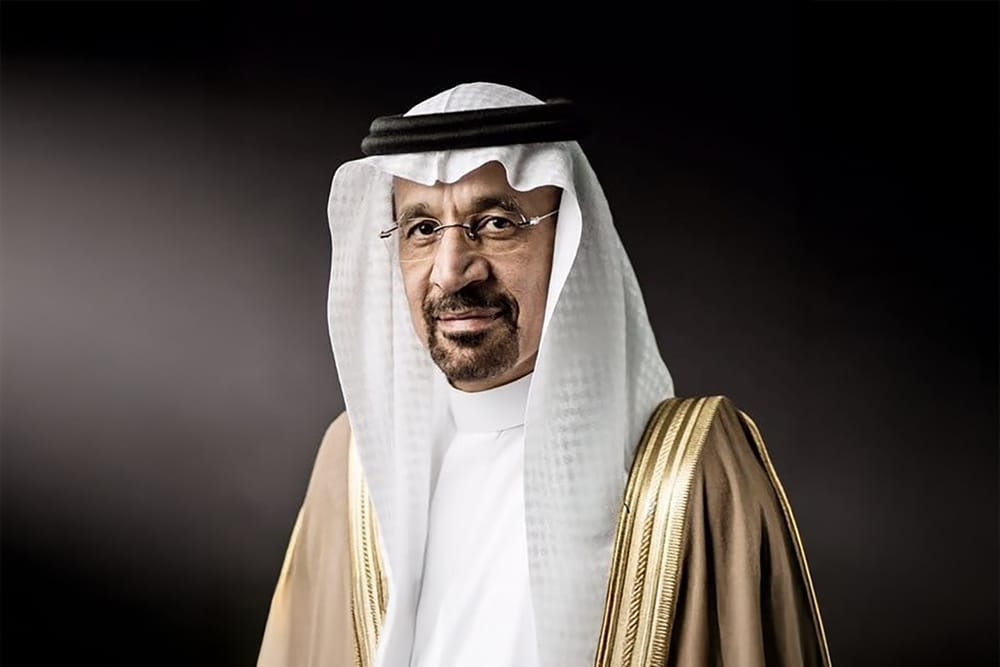Introduction: A Transformative Economic Leader
Mohammed Aba Al-Khail remains one of Saudi Arabia's most influential economic figures, prominently remembered for his transformative role as Minister of Finance and National Economy from 1975 to 1995. His tenure uniquely aligned with one of the most crucial periods in Saudi history—the oil boom of the 1970s and 1980s. During this era, Saudi Arabia saw unprecedented financial growth driven by soaring global oil prices. Aba Al-Khail's visionary economic policies were critical to ensuring this wealth translated into lasting prosperity and stability. He successfully guided the Kingdom through complexities inherent in managing vast resources, ensuring that the immense influx of capital was strategically utilized. His thoughtful approach incorporated short-term socioeconomic gains with sustainable, long-term investments, safeguarding national wealth.
Early Life and Strategic Foundations
Aba Al-Khail’s early life and education uniquely prepared him for the complex economic challenges he would face. Born into a rapidly developing Saudi Arabia, he was acutely aware of the volatility and unpredictability associated with economies heavily dependent on natural resources. His understanding of global economic dynamics was deepened through rigorous academic and professional experiences. Recognising the risks associated with rapid, unregulated growth, Aba Al-Khail championed disciplined financial management. He consistently emphasised the importance of creating institutional frameworks capable of withstanding fluctuations in the global oil market. His foresight led him to advocate for the strategic allocation of resources into global investments, a move that effectively insulated the national economy from volatility and created foundations for future stability.
Transformative Stewardship and Socioeconomic Development
Under Aba Al-Khail’s stewardship, Saudi Arabia experienced dramatic transformations. His strategic use of oil revenues was critical in shaping the Kingdom’s national development agenda. By channelling funds into infrastructure, education, healthcare, and housing, Aba Al-Khail significantly improved the quality of life for Saudi citizens. These substantial investments spurred unprecedented socio-economic progress, laying the foundation for future economic resilience. Notably, his tenure also marked the growth and fortification of significant national institutions, such as the Public Investment Fund (PIF), which was pivotal in securing long-term financial stability for the Kingdom. His economic policies significantly boosted industrial diversification efforts, helping move the Saudi economy beyond its traditional reliance on oil exports.
Strengthening Financial Institutions
One of Aba Al-Khail’s major achievements was strengthening critical national financial institutions. He oversaw extensive expansions and enhanced the authority of the Saudi Arabian Monetary Authority (SAMA), turning it into an effective regulator of national financial stability. His tenure also saw the establishment and successful growth of the Saudi Industrial Development Fund (SIDF), a crucial institution that became instrumental in diversifying Saudi Arabia’s industrial base. These institutions played a central role in creating a resilient economy capable of navigating future challenges, particularly in line with current Vision 2030 objectives, reinforcing Aba Al-Khail’s enduring legacy.
Navigating Global Economic Volatility
Aba Al-Khail’s exemplary ability to handle international economic turbulence significantly strengthened his reputation. During global oil price fluctuations, he successfully navigated the Kingdom’s economy through various crises, maintaining robust fiscal reserves and minimising external shocks. His disciplined approach to fiscal management ensured that the Kingdom’s wealth was protected even in times of economic uncertainty. His pragmatic strategies effectively balanced short-term economic benefits with long-term fiscal prudence, providing Saudi Arabia with stability during turbulent international economic times. This prudent management approach ensured the Kingdom maintained its economic strength and financial stability.
Enduring Legacy and Contemporary Relevance
Today, Mohammed Aba Al-Khail’s legacy endures as an example of visionary economic governance. His tenure as minister is studied for its practical insights into managing wealth derived from natural resources. His approach emphasises sustainability, economic diversification, and institutional strength, reflecting the core objectives of Saudi Arabia’s contemporary economic strategies. Aba Al-Khail’s visionary leadership continues to guide current and future fiscal policymakers, underlining the importance of disciplined resource management, strategic planning, and long-term economic foresight in securing national prosperity.


